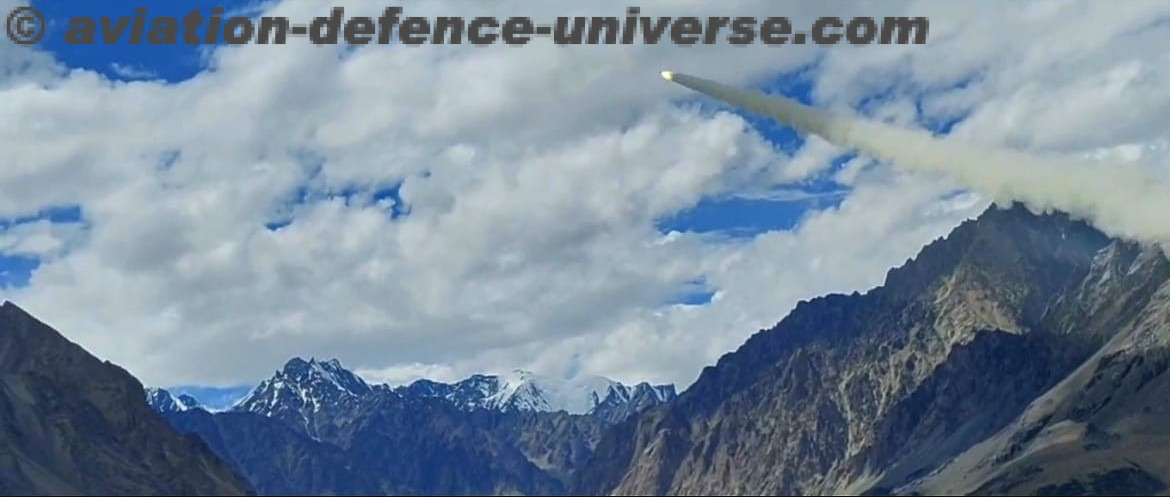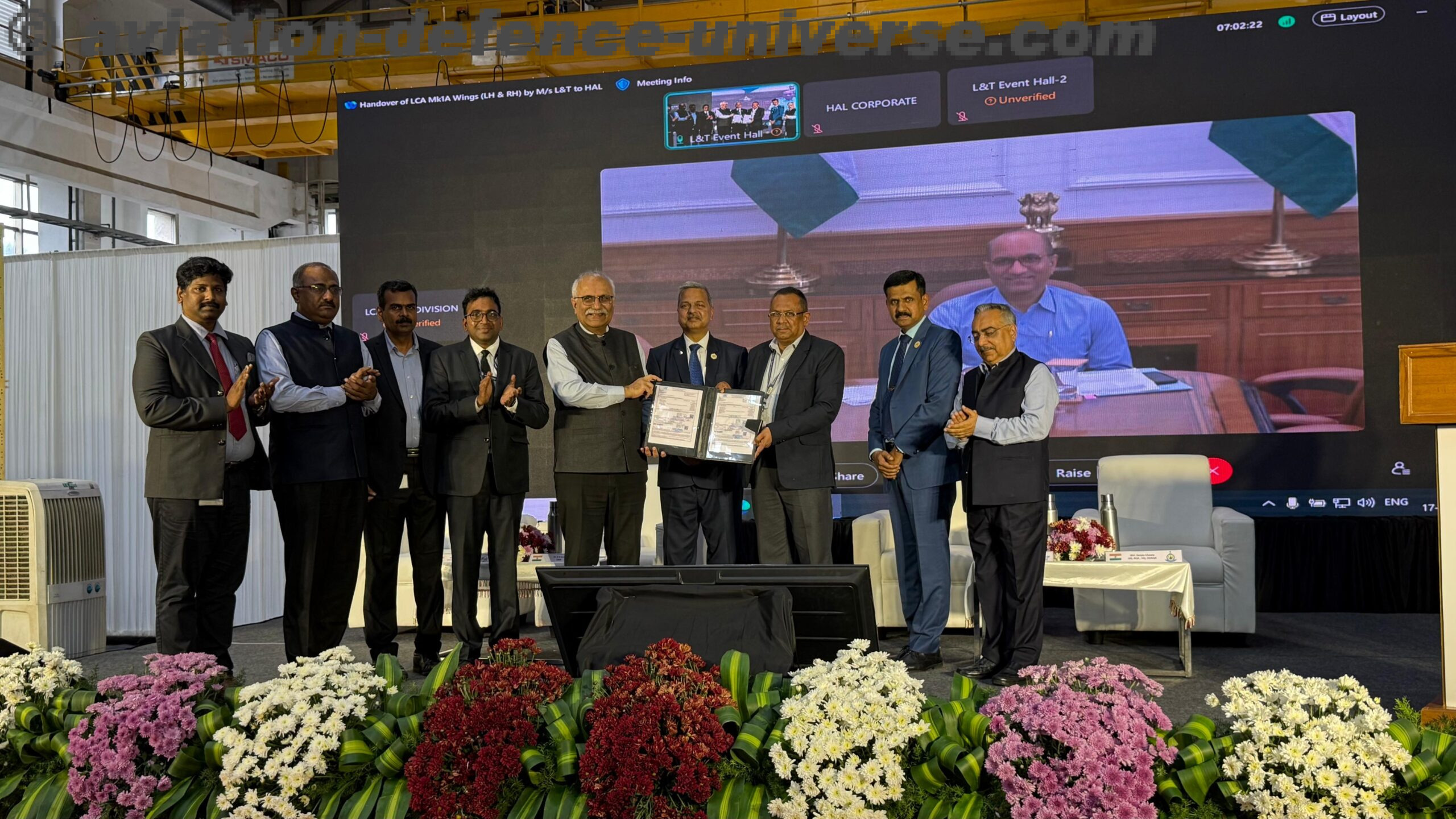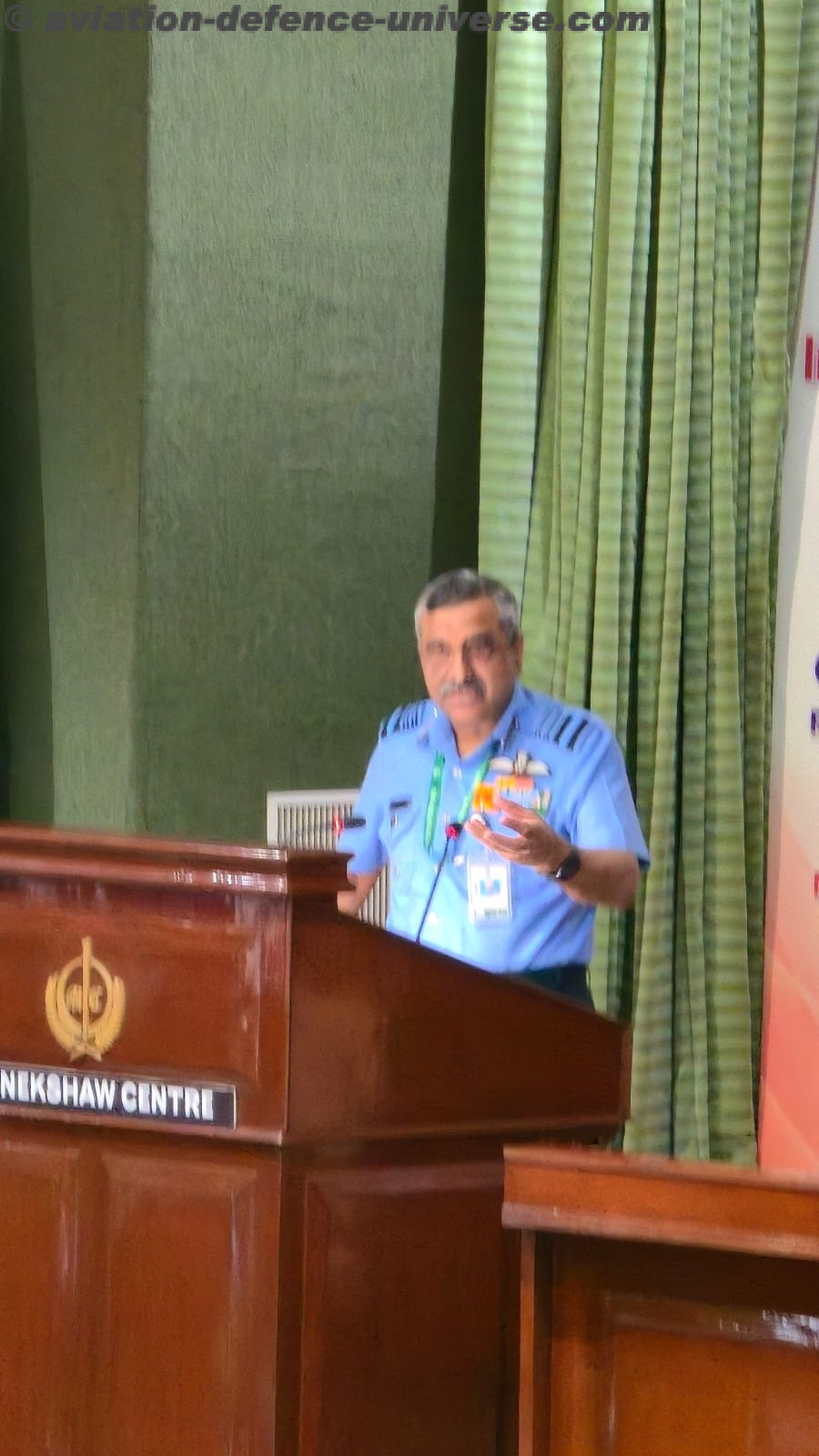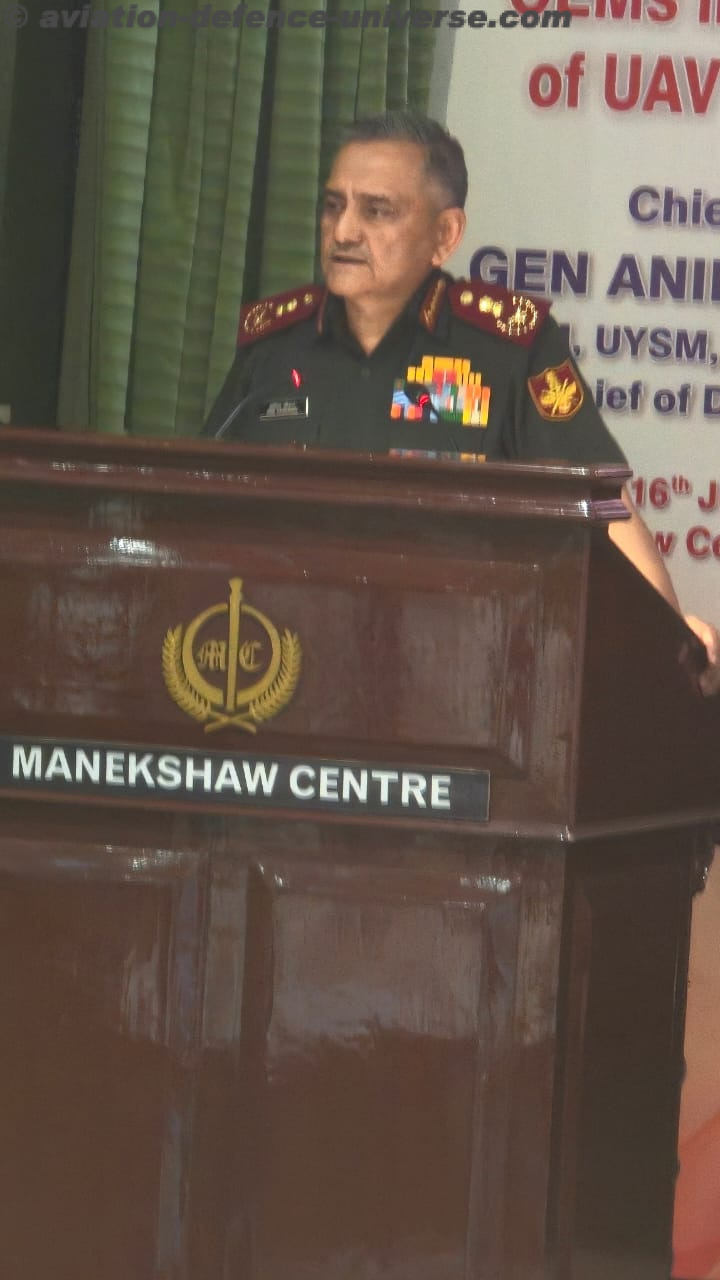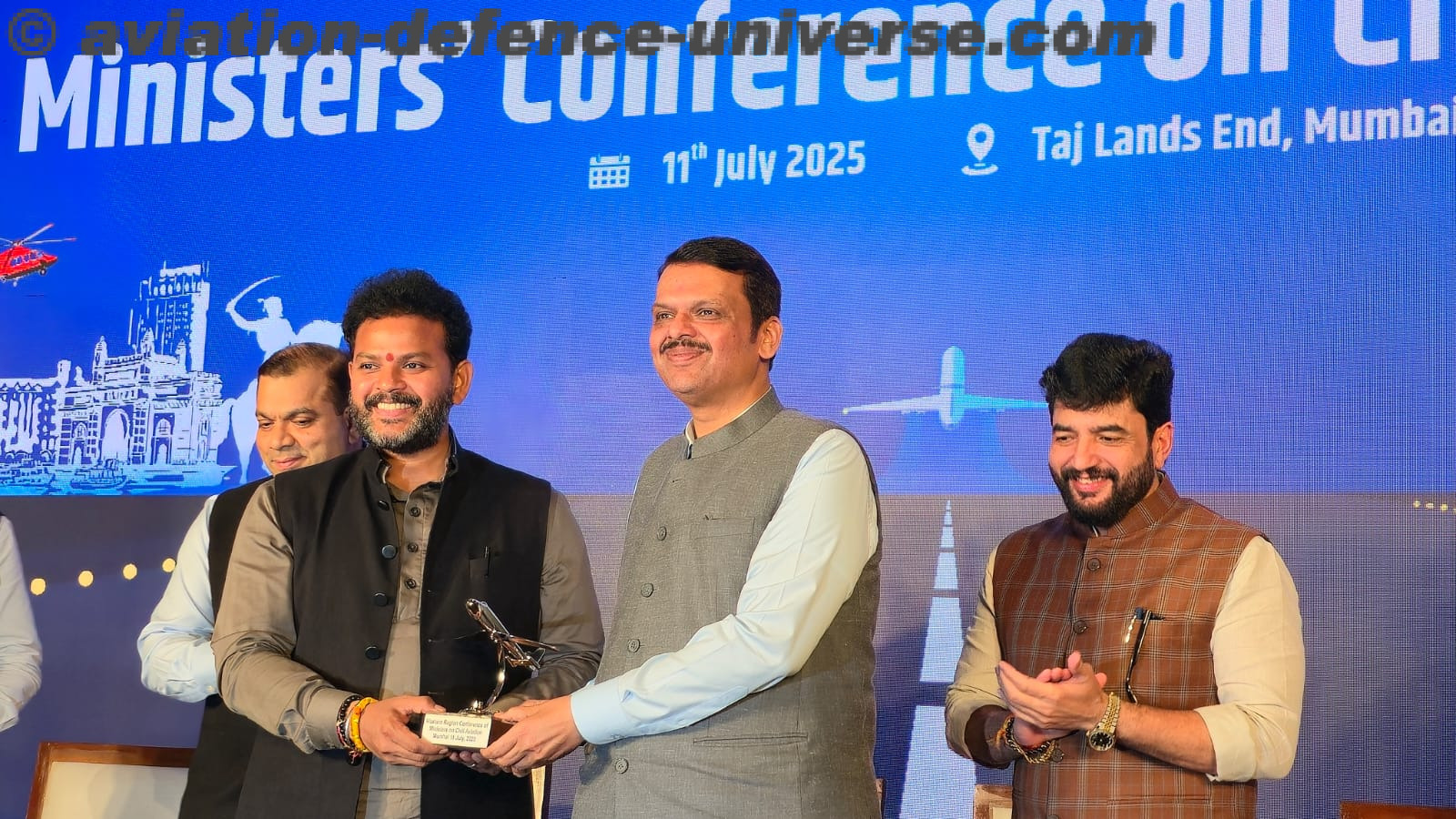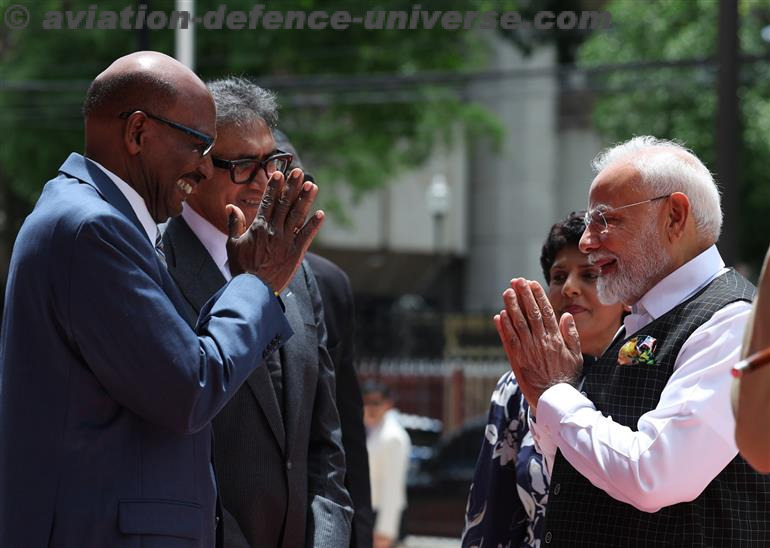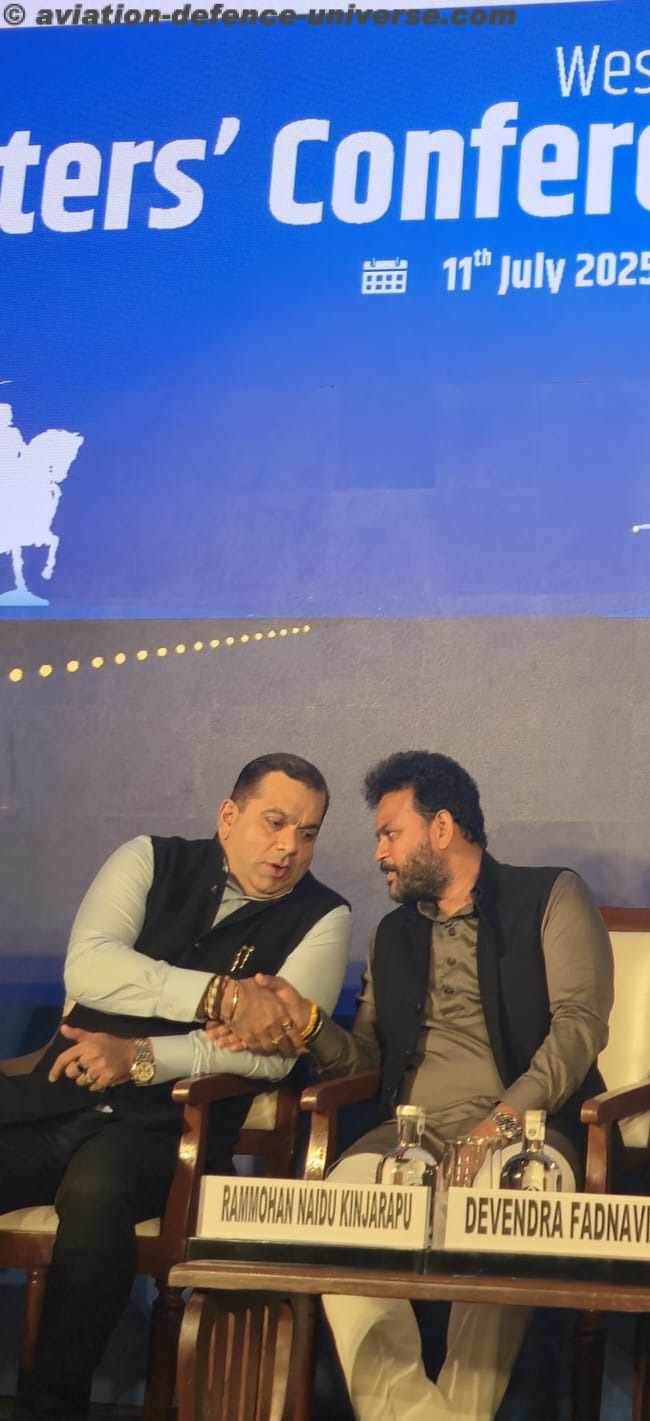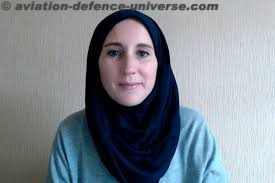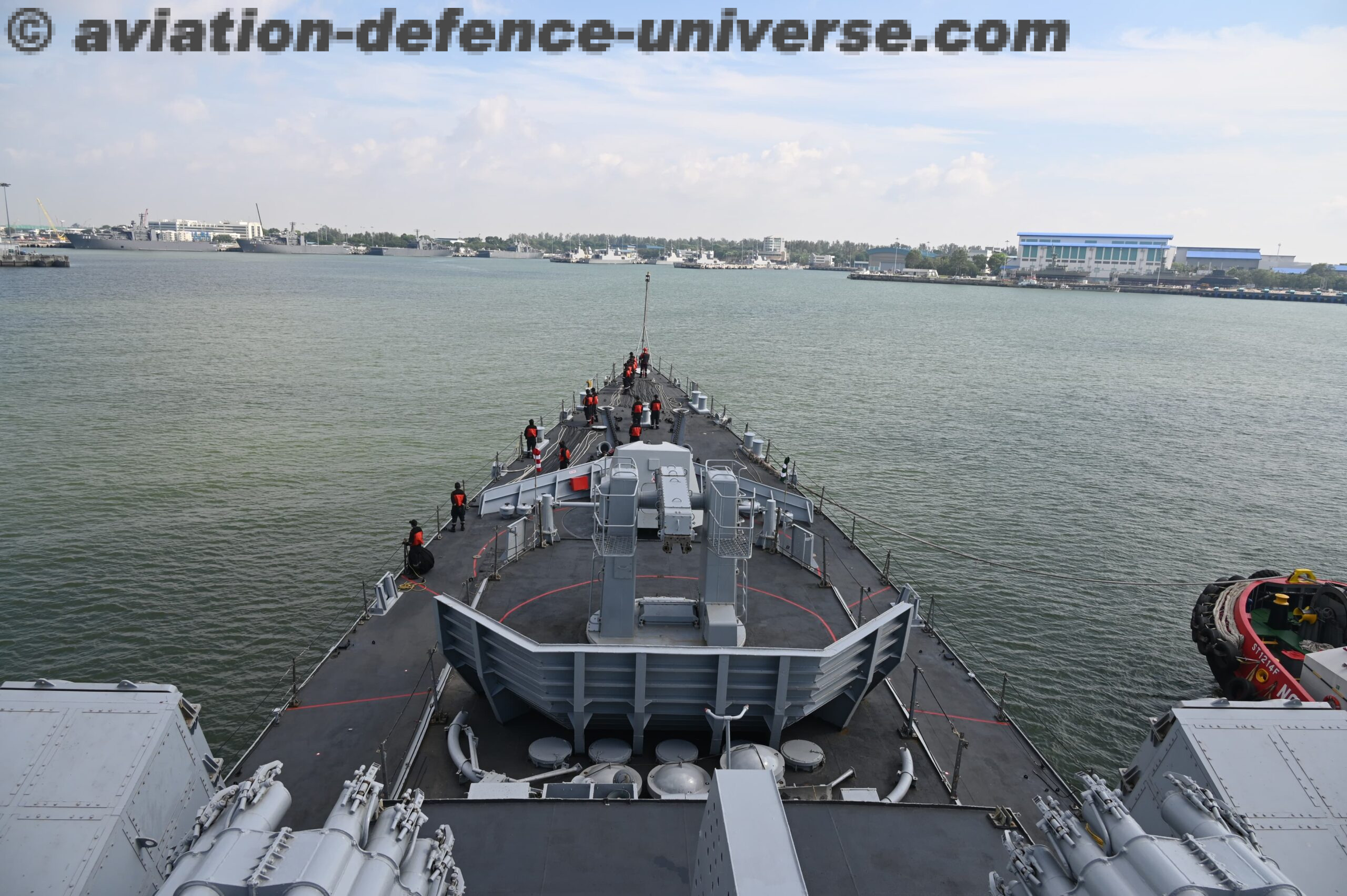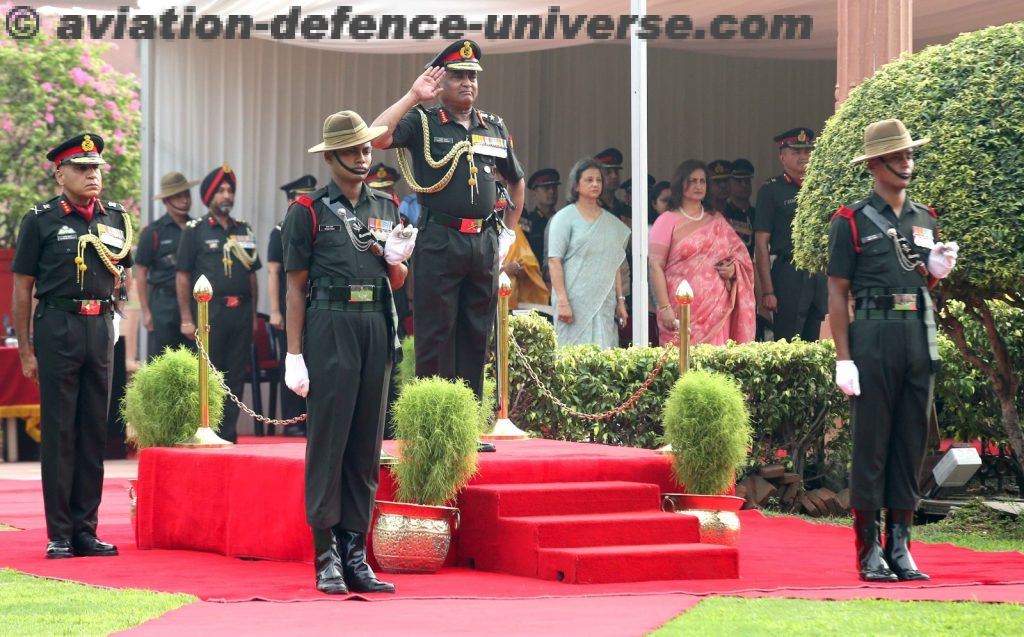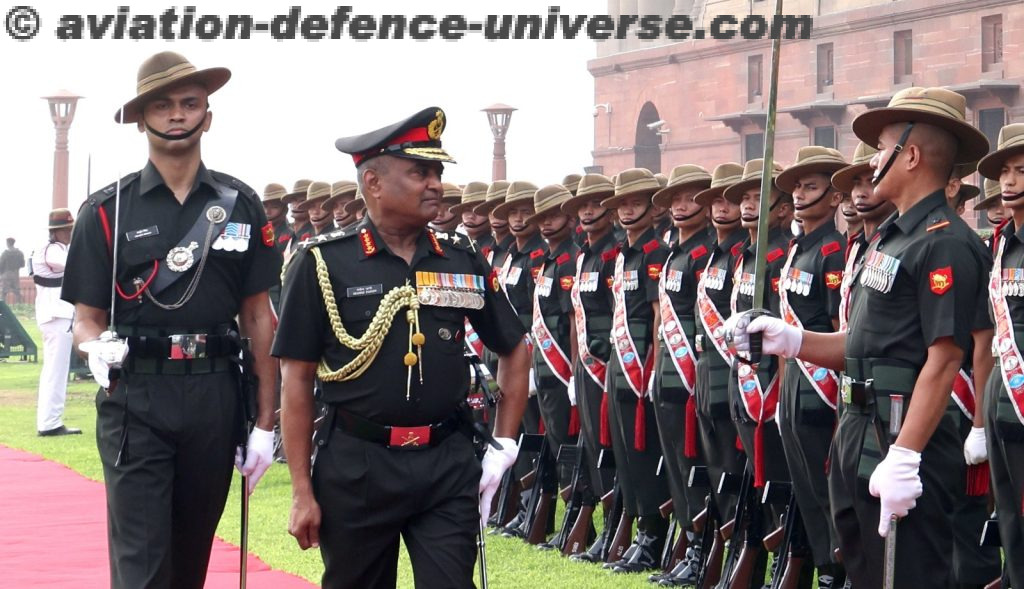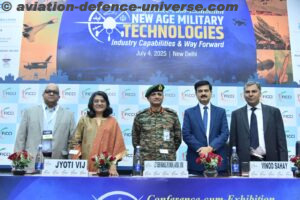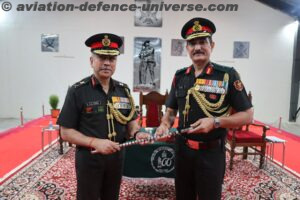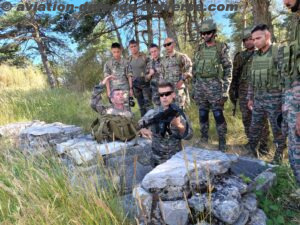- Bombay Sapper General Manoj Pande retires
By Sangeeta Saxena
New Delhi. 30 June 2024. This was a story where history did not repeat itself and there was no slip between the cup and the lip. The Corps of Engineers of the Indian Army saw history in the making when a sapper officer General Manoj Pande was handed over the Chief’s baton by the outgoing Chief General MM Narawane. From one Manoj to another, the reins of Indian Army were picked up by a Sapper Chief for the first time in April 2022. The closest the Indian Army got to having a Sappers Chief was when Lt. Gen. PS Bhagat was Vice Chief, but all expectations of Lt Gen Bhagat being the next Sappers Chief were dashed when the government of the day chose to offer Lt. Gen. Bewoor a nine-month extension. General Manoj Pande just as if walking on the trodden path also got an extension of a month but General Upendra Dwivedi was not as unlucky as Lt. Gen. Bhagat.
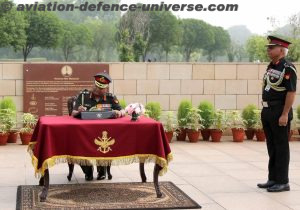 General Manoj Pande, who has served with distinction for over 40 years, superannuated today and resigned as Chief of the Army Staff (COAS). His great support for Atmanirbharta programmes, high combat readiness, and encouragement of the transition process will be acknowledged during his time.With a focus on integrating technology, General Manoj Pande launched a comprehensive reform of the Indian Army that was divided into five main pillars. These technical initiatives have yielded quantifiable results and will continue to guide the Indian Army’s transformation into a modern, flexible, adaptable, and technologically empowered force that is ready for the future.
General Manoj Pande, who has served with distinction for over 40 years, superannuated today and resigned as Chief of the Army Staff (COAS). His great support for Atmanirbharta programmes, high combat readiness, and encouragement of the transition process will be acknowledged during his time.With a focus on integrating technology, General Manoj Pande launched a comprehensive reform of the Indian Army that was divided into five main pillars. These technical initiatives have yielded quantifiable results and will continue to guide the Indian Army’s transformation into a modern, flexible, adaptable, and technologically empowered force that is ready for the future.
His focus on the “Atmanirbharata” initiative’s adaption of native weaponry and equipment cleared the path for the Indian Army’s long-term viability. Initiatives for human resource development that improved the lives of serving members, their families, and the veteran community benefited from his encouragement.
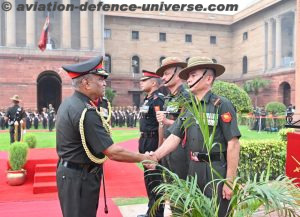 In his capacity as Chief, the COAS gave operational readiness along the country’s northern and western frontiers top priority. He regularly travelled to forward areas in the Northeast, Eastern Ladakh, and Jammu & Kashmir to personally assess the morale and operational readiness of all ranks. In his capacity as COAS, he promoted talks, seminars, and bilateral and multilateral exercises. The Chanakya Defence Dialogue was established with his direction in order to conduct a thorough review of the security issues facing South Asia and the Indo-Pacific region. Additionally, he conducted the Indo-Pacific Armies Chiefs Conference (IPACC) and increased the size and scope of yearly exercises with partner countries, demonstrating his commitment to military diplomacy.
In his capacity as Chief, the COAS gave operational readiness along the country’s northern and western frontiers top priority. He regularly travelled to forward areas in the Northeast, Eastern Ladakh, and Jammu & Kashmir to personally assess the morale and operational readiness of all ranks. In his capacity as COAS, he promoted talks, seminars, and bilateral and multilateral exercises. The Chanakya Defence Dialogue was established with his direction in order to conduct a thorough review of the security issues facing South Asia and the Indo-Pacific region. Additionally, he conducted the Indo-Pacific Armies Chiefs Conference (IPACC) and increased the size and scope of yearly exercises with partner countries, demonstrating his commitment to military diplomacy.
The General Officer’s more than forty-year military career began at the National Defence Academy. In December 1982, he received his appointment in the Bombay Sappers, a unit of the Corps of Engineers. He held significant and demanding positions as a staff member and commander in several operational settings. He has been awarded the Param Vishisht Seva Medal, Ati Vishisht Seva Medal, and Vishisht Seva Medal in recognition of his distinguished service.











